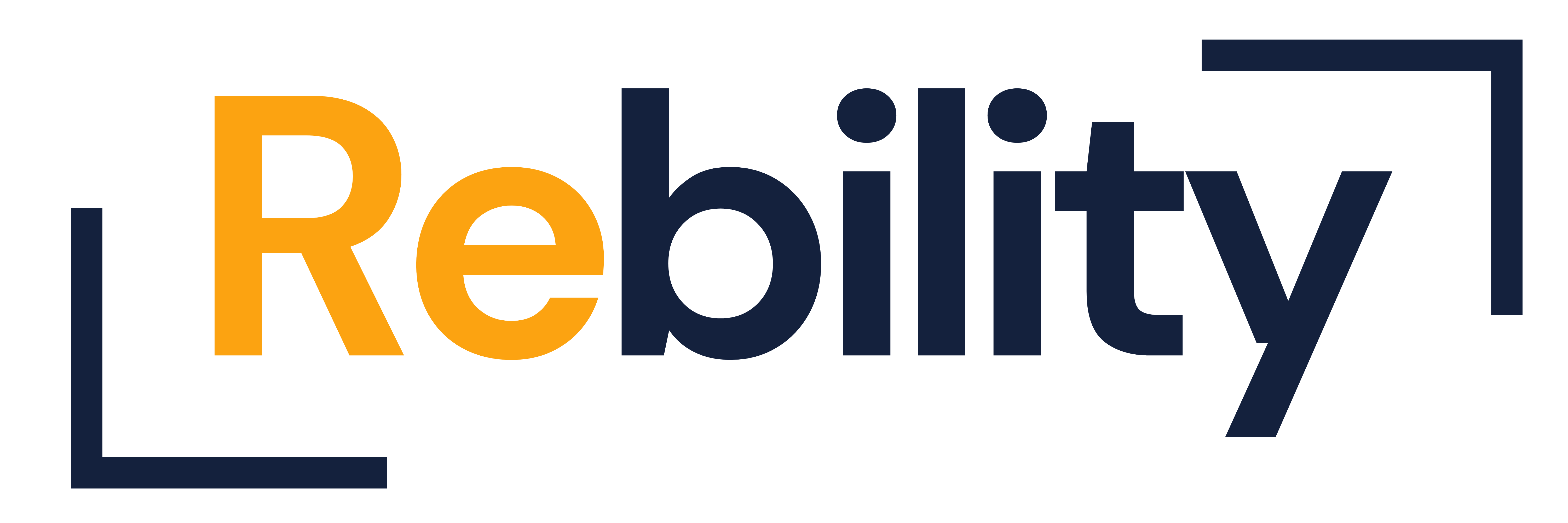
How Early Intervention Speeds Up Recovery and Reduces Workplace Disruptions
Workplace injuries are a reality that both employers and employees must navigate. The sooner these injuries are addressed, the faster recovery can begin, minimizing disruptions to productivity and workplace morale. Early intervention has proven to be one of the most effective strategies for reducing the long-term impact of injuries, ensuring workers return to their roles safely and sustainably.
Delays in addressing workplace injuries can lead to prolonged recovery times, increased costs, and greater strain on both workers and employers. Whether it’s a physical injury or psychological distress, waiting too long to act can escalate challenges, making recovery harder for everyone involved.
In this article, we’ll explore the critical role early intervention plays in recovery, its benefits for workers and employers, and how timely action can prevent unnecessary workplace disruptions. You’ll also learn practical steps to integrate early intervention into your workplace injury management process.
Key Points
1. The Science Behind Early Intervention
Early intervention is more than just acting quickly; it’s about addressing injuries before they worsen. Research consistently shows that intervening within the first weeks after an injury significantly reduces recovery times.
- Physical Recovery: Prompt care minimizes complications, such as chronic pain or loss of function.
- Psychological Recovery: Early support for mental health issues like anxiety or depression prevents long-term emotional setbacks.
- Rebility’s Approach: Our evidence-based assessments, such as the Orebro Musculoskeletal Pain Questionnaire, identify risks early, allowing for targeted intervention.
2. Benefits for Workers
- Faster Recovery: Timely medical and rehabilitation services reduce downtime.
- Improved Morale: Feeling supported early helps workers stay engaged in their recovery journey.
- Example: A worker receiving immediate physiotherapy post-injury often regains function quicker than those who delay treatment.
3. Benefits for Employers
- Reduced Disruptions: Acting promptly ensures workers return faster, minimizing the need for temporary replacements.
- Cost Savings: Early intervention lowers medical costs and compensation claims by addressing problems before they escalate.
- Improved Workplace Culture: Demonstrating a commitment to worker health fosters trust and loyalty.
- Statistic: Studies show that businesses that adopt early intervention reduce lost workdays by up to 30%.
4. Strategies for Effective Early Intervention
- Streamline Reporting Processes: Encourage workers to report injuries immediately.
- Conduct Immediate Assessments: Use tools like functional capacity evaluations to determine recovery needs.
- Collaborate with Experts: Partner with rehabilitation providers like Rebility for tailored recovery plans.
- Example: Companies with early reporting systems see faster injury resolution times and higher employee satisfaction.
5. How Rebility Supports Early Intervention
Rebility is designed to make early intervention simple and effective:
- Instant Triage: We assess the severity of injuries immediately, prioritizing worker needs.
- Accurate Allocation: Our specialists are matched to the worker’s specific recovery requirements.
- Comprehensive Plans: We create SMART goals that guide recovery and minimize workplace disruptions.
Conclusion
Early intervention isn’t just a good idea—it’s a proven strategy for improving recovery outcomes and maintaining a productive workplace. For workers, it means faster healing and greater confidence. For employers, it reduces costs, prevents disruptions, and enhances workplace culture.
At Rebility, we specialize in early intervention solutions that deliver sustainable results for workers and employers alike. Let us help you streamline your workplace injury management process and ensure the best outcomes for your team.
Contact us today to learn how we can support your team’s recovery journey and reduce workplace disruptions.
Other Posts
How SMART Goals Can Revolutionize Your Return-to-Work Plan
How SMART Goals Can Revolutionize Your Return-to-Work Plan "Setting effective, measurable goals for sustainable recovery success."The journey back to work...
Understanding Biopsychosocial Factors: The Key to Sustainable Workplace Recovery
Understanding Biopsychosocial Factors: The Key to Sustainable Workplace Recovery Injury recovery isn’t just about physical healing—it’s a complex process influenced...
How Early Intervention Speeds Up Recovery and Reduces Workplace Disruptions
Elementor #553 Workplace injuries are a reality that both employers and employees must navigate. The sooner these injuries are addressed,...



